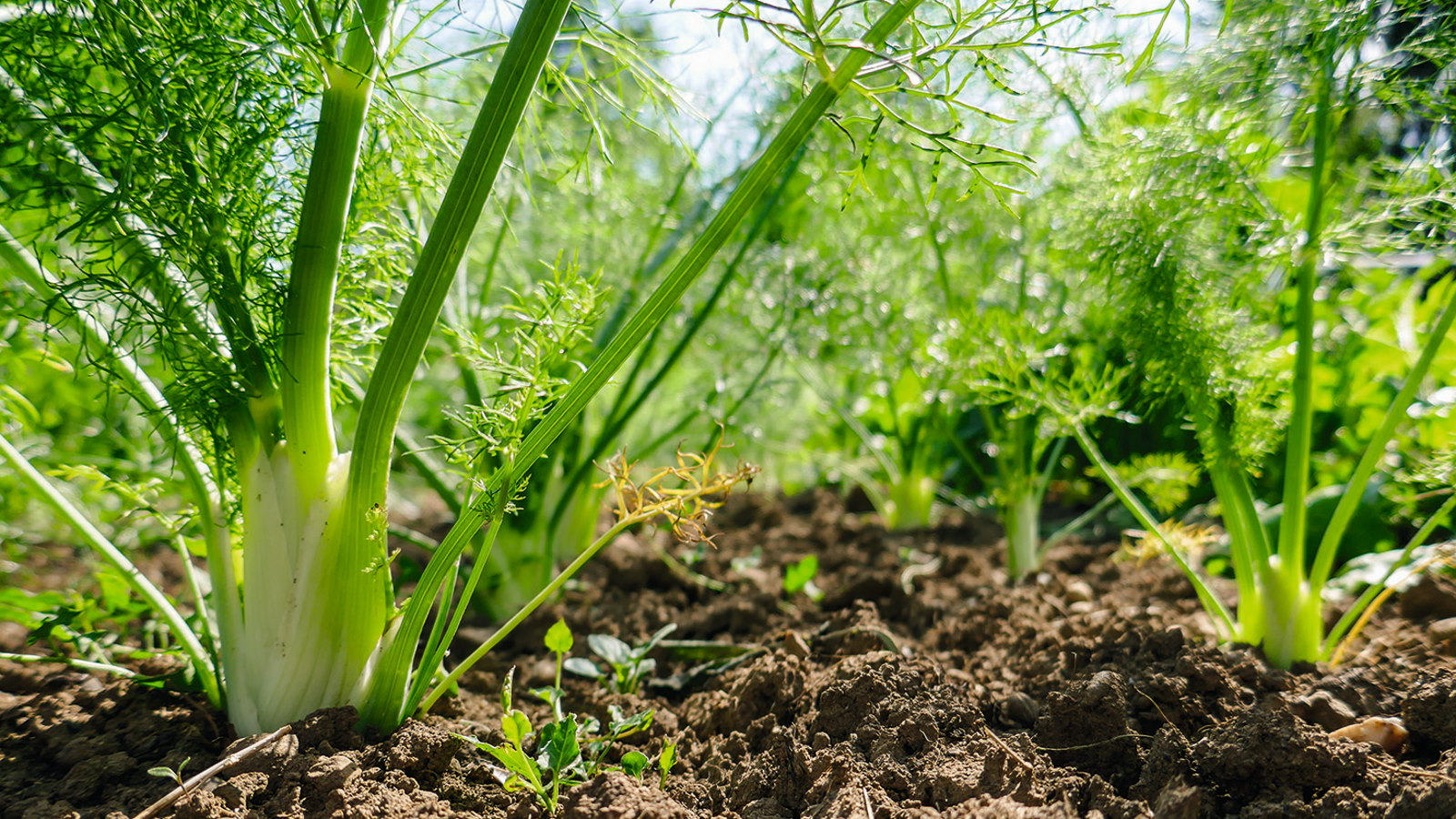
Companion planting is about growing particular crops together, so that both thrive. However, this idea also works in reverse, whereby certain pairings should be avoided, as one or both will suffer when grown together. It's for this reason, there are a number of plants never to grow next to fennel.
That said, it's well worth knowing how to grow fennel. With its pretty yellow clusters of flowers, and aromatic aniseed flavor, bulbing fennel (aka Florence fennel) is a fabulous plant for kitchen gardens and flower beds. A member of the Apiaceae family, fennel grows in zones 3-10 and is known to attract pollinators and beneficial bugs - which can keep garden pests under control naturally.
Although, fennel (Foeniculum vulgare azoricum) is a good plant for pollinators, there are various vegetables that generally thrive better when planted away from it in your yard. The reasons vary, and conversely, there are other plants that will negatively affect your fennel. Discover the planting combinations to avoid with fennel, and a few to consider, according to expert gardeners.
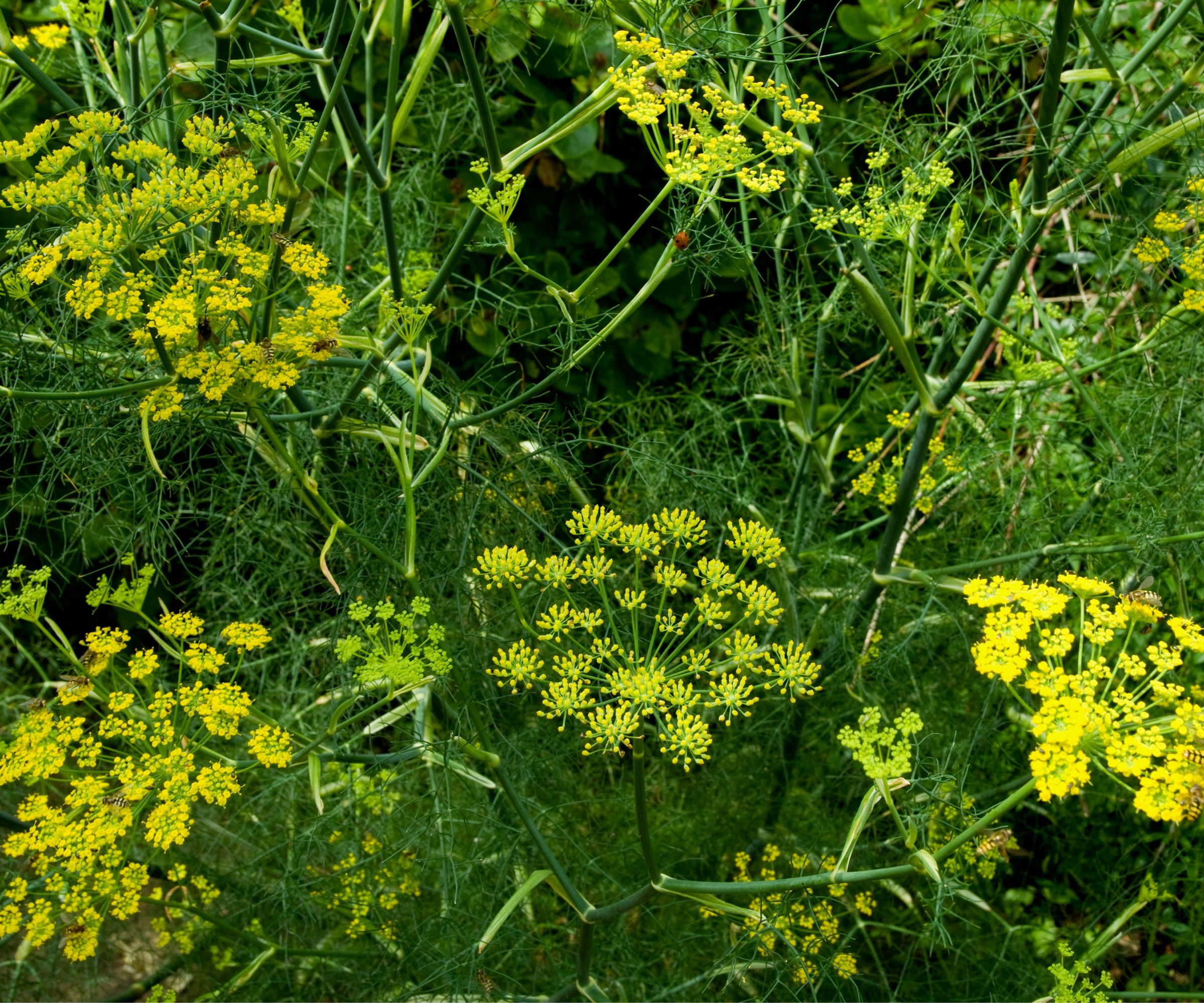
7 plants never to grow next to fennel
As well as its culinary uses, fennel is a medicinal plant that has been used in traditional remedies for centuries for numerous ailments. According to Plants for the Future database, its crushed leaves can even repel fleas from dogs. However, it is these potent compounds that can cause problems for other nearby plants.
'Fennel should be planted away from most other vegetables due to its unique allelopathic properties that limit and prohibit the growth of some other plants,' says Melissa Caughey, master gardener, author and founder, Tilly's Nest.
'In an effort for self-preservation, fennel will release chemicals into the soil that are absorbed by surrounding plantings. Some plantings such as peppers, tomatoes, potatoes and carrots are more susceptible.
'For these plants and some others, fennel will decrease the rate of seed germination. It is best to grow fennel at least 2-3 feet away from these other plantings, in a container on its own or in its own raised vegetable bed.'
1. Tomatoes (Solanum lycopersicum)
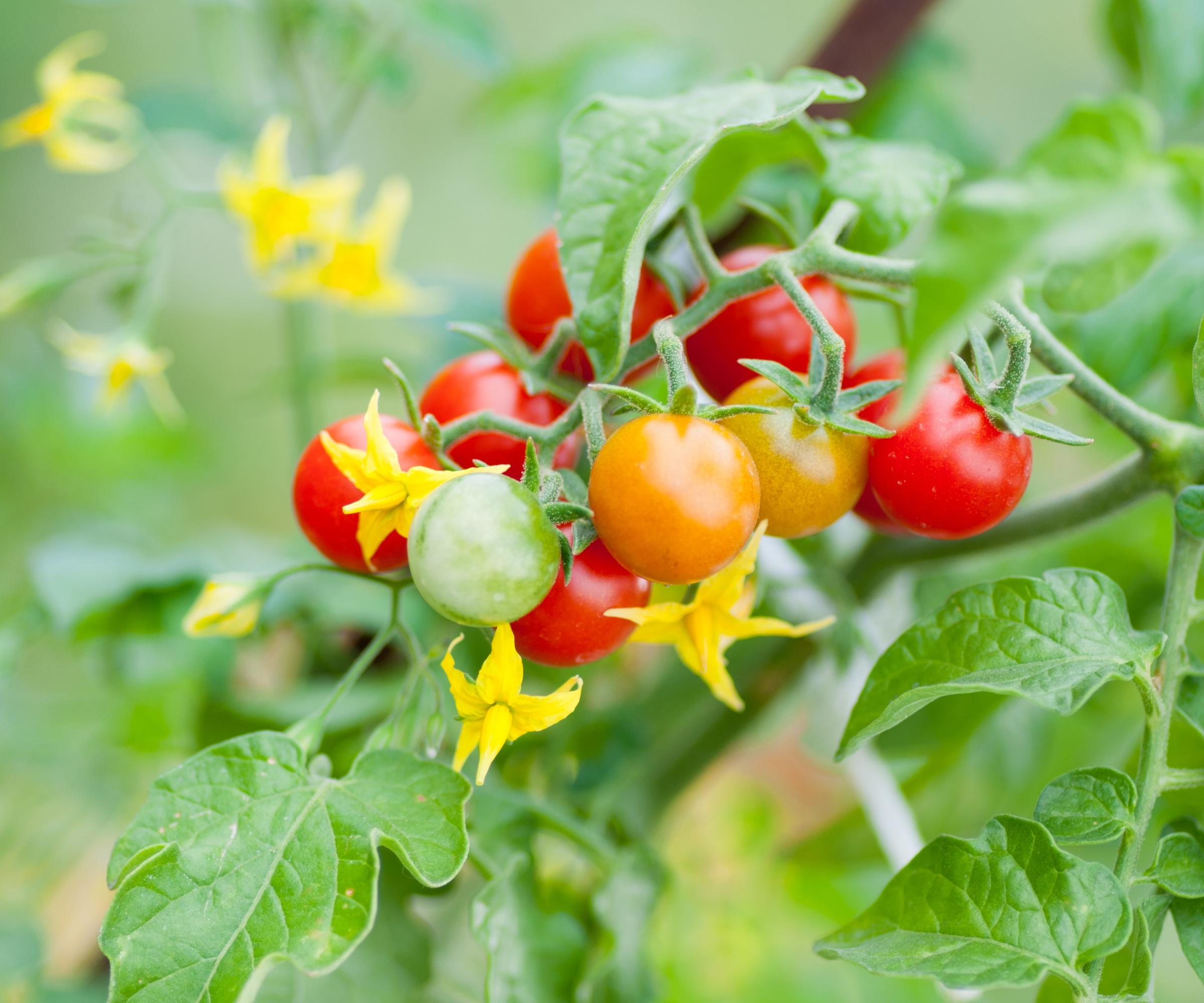
If you want to look forward to bumper crops and increase tomato yields, keep them away from fennel, as suggested above. These two flavors may work well together in a fish stew or bouillabaisse, but they are not a match made in vegetable patch heaven.
'When adjacent to fennel; tomatoes, peppers and eggplants will all show stunted growth,' says Melissa. 'Tomatoes do best when planted close to carrots, asparagus, and lettuces.'
'Fennel releases compounds that stunt the growth of tomatoes, making it difficult for them to thrive,' adds Robin Phelps. 'Tomatoes also prefer rich, well-draining soil with consistent moisture and full sun, while fennel prefers looser, sandy soil and does not thrive with excess moisture, making it a poor companion for tomatoes.'
These Roma VF Paste tomato seeds from True Leaf Market are an heirloom, non-GMO variety that mature in 75-80 days and make a tasty base for sauces.
2. Bell peppers (Capsicum annuum)
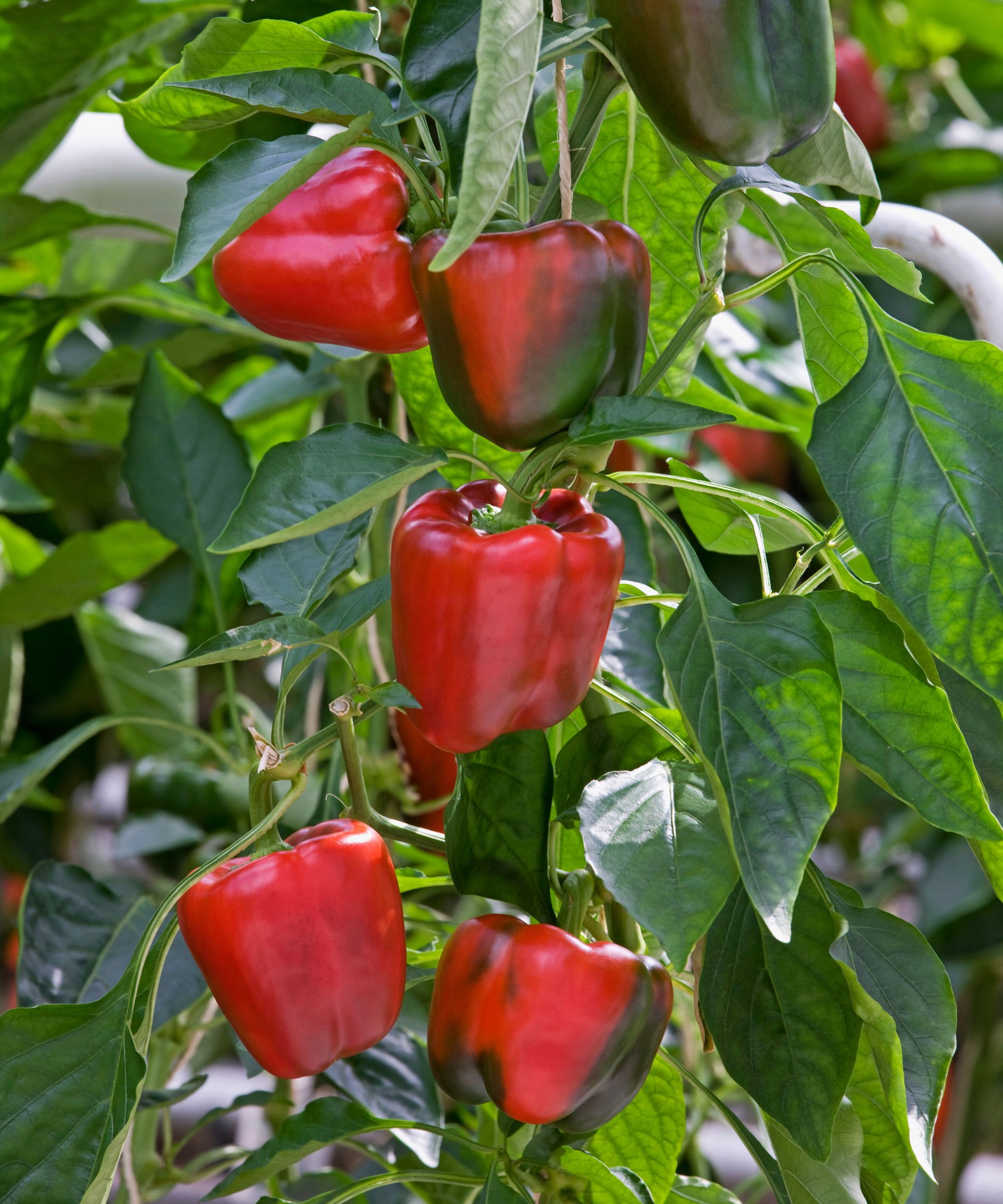
Like tomatoes, bell peppers are members of the nightshade family, and a plant group which is particularly sensitive to the compounds in fennel. If you know how to grow peppers, also known as capsicum, you may be aware they make good companion planting with beets and carrots. However, don't be tempted to plant them anywhere near fennel.
'Fennel is incredibly tasty, but in the garden, it does not play well with others,' says Jen MacDonald, co-founder, Garden Girls. 'Peppers can also suffer when planted next to fennel.
'The chemicals released in the allelopathic compounds can result in fewer and smaller pepper plants. Because of this, it's best to keep fennel four to five feet away.'
Try these Sweet Cal Wonder pepper organic seeds from True Leaf Market for a drought-tolerant crop that matures in 75-90 days and produces 3-4" sweet bell peppers.
3. Egg plant (Solanum melongena)
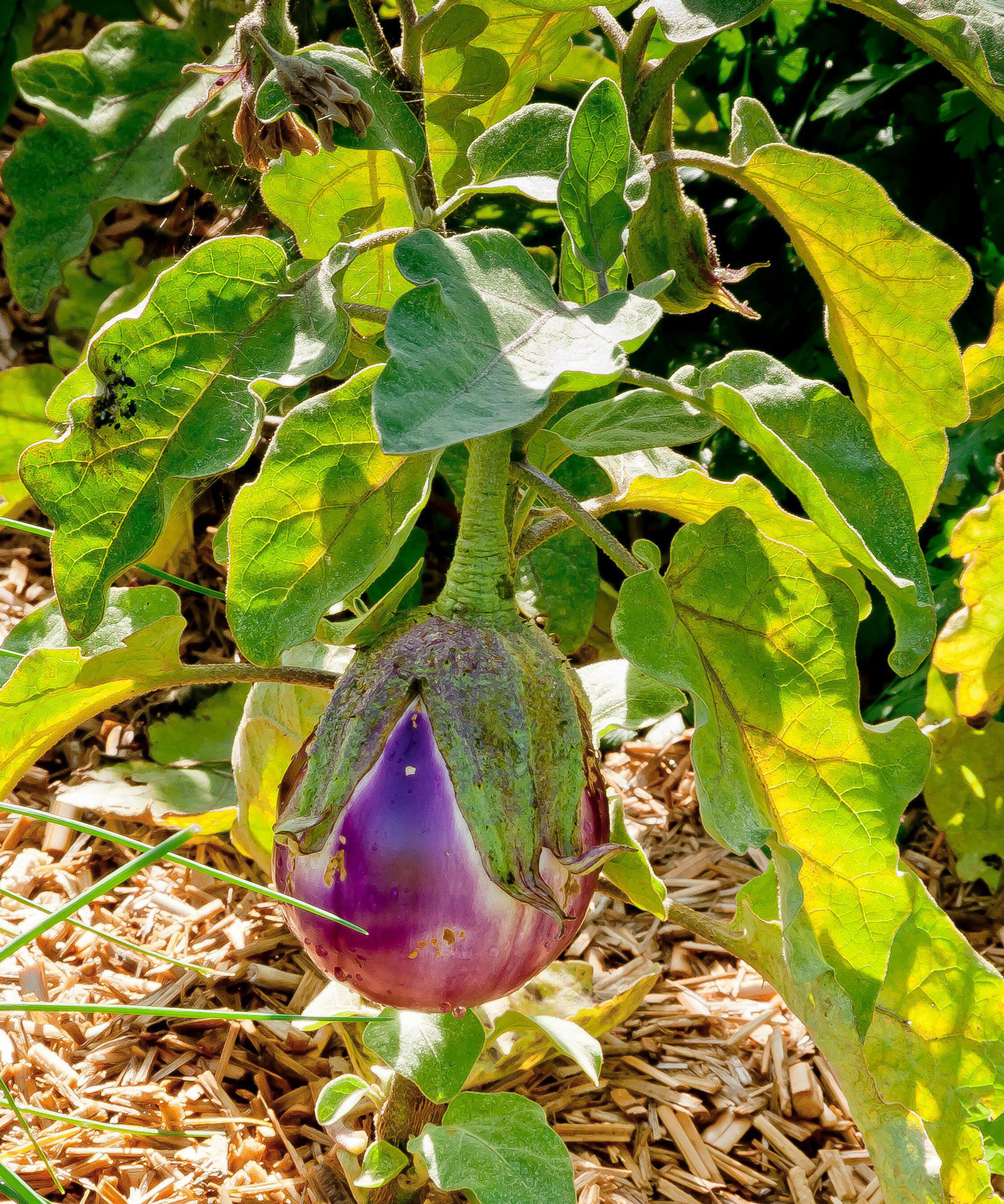
As another member of the nightshade family, eggplant (aubergine) can also suffer if planted next to fennel. Similar to the effects on tomatoes and bell peppers, growing fennel too close to eggplant can lead to stunted growth and smaller crops. To avoid eggplant growing mistakes, plant these two vegetables in separate areas of your yard.
'As it's an allelopathic plant, fennel exudes chemicals from its roots and through seed dispersal, which will inhibit the growth of many garden food plants such as eggplant,' says Carissa Kasper, garden expert, West Coast Seeds.
'However, growing fennel in a separate space in the garden can be a wonderful addition to the overall ecosystem of the garden as it produces umbelliferous flowers which attract beneficial insects like hoverflies, ladybird beetles, parasitic wasps and tachinid flies which eat small-bodied pests like aphids and spider mites. Fennel is also an important food plant for swallowtail butterfly caterpillars. By all means plant fennel, just keep it out of the food garden.'
4. Carrots (Daucus carota)
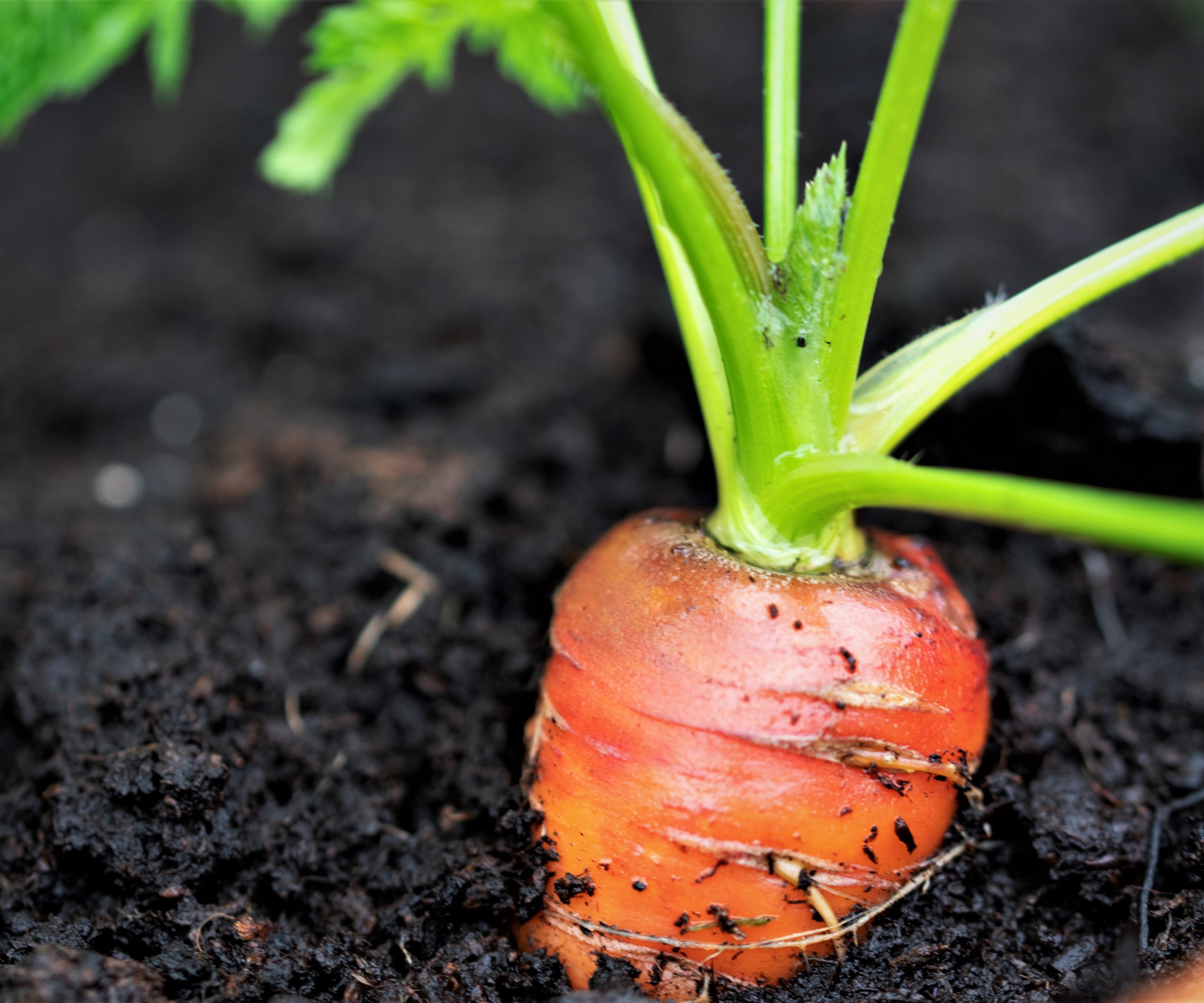
Carrots and fennel are another fantastic combo in the kitchen, but this does not translate in the yard. Although, these plants are related horticulturally, again this does not equate to being good bed fellows, where companion planting is concerned.
'Fennel and carrots are both members of the Apiaceae family, which means they can cross-pollinate and negatively impact each other’s flavor and growth,' explains Robin Phelps. 'Fennel’s strong allelopathic properties can also stunt carrot growth.
'Carrots require loose, well-draining soil and prefer a consistent moisture level to develop properly. Fennel tends to compete for nutrients and space, leading to smaller, distorted carrot roots.'
Add interest to salads and cooked dishes with these heirloom Kaleidoscope blend carrots from Burpee. With a combination of five wild colors in one blend, these organic root veggies will enliven meals and mealtimes.
5. Beans (Phaseolus spp.)
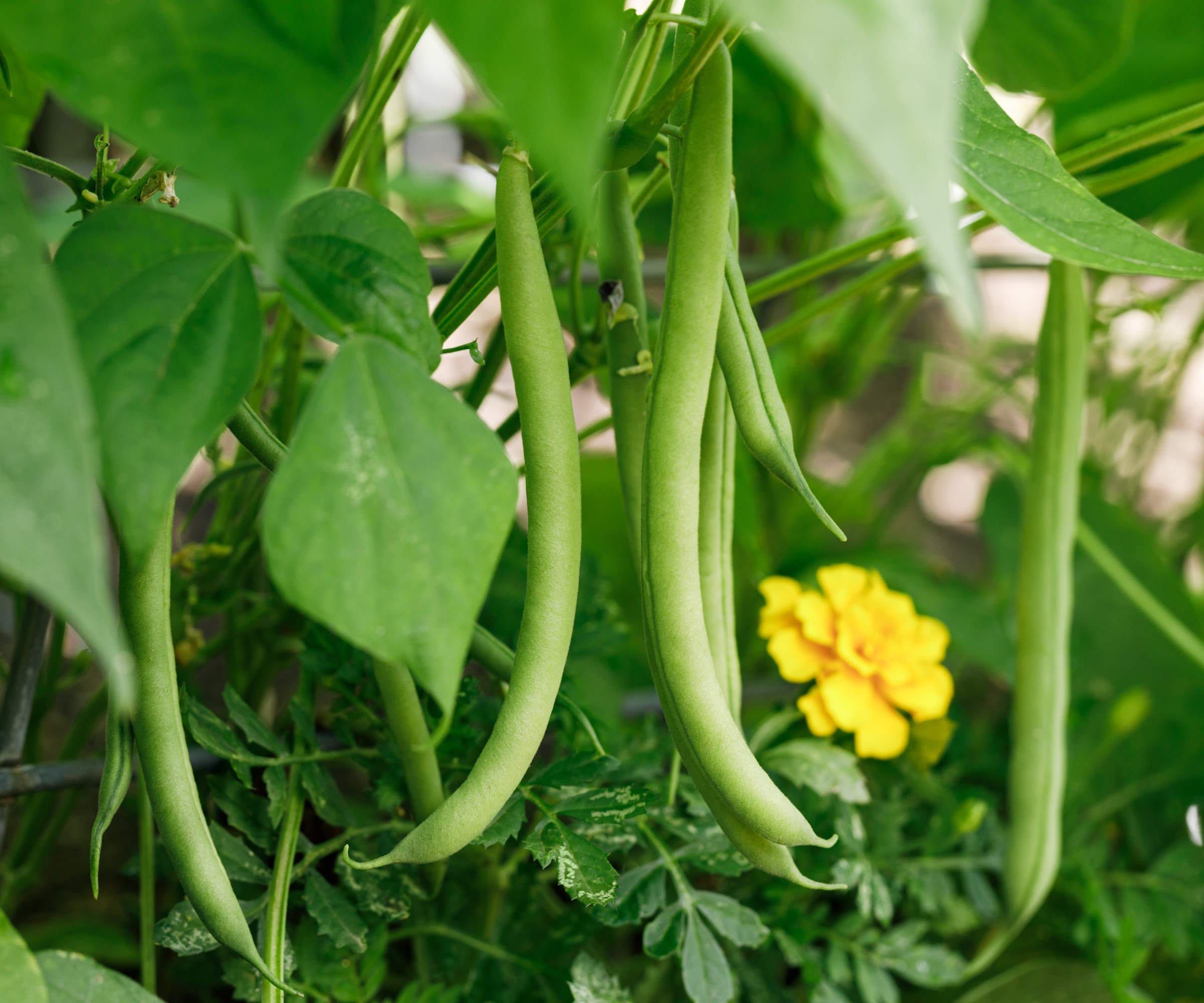
Whether you're discovering how to grow French beans, runner beans, fava beans or other types, some gardeners report issues if they're planted near fennel (or onions). To avoid potential crop failures, these plants should be cited away from each other, so that they both benefit.
'As well as the chemicals in fennel that can inhibit the germination and growth of beans, leading to poor yields, its strong scent can also confuse the pollinators that beans rely on,' says Robin.
'Additionally, beans thrive in nitrogen-rich, well-draining soil and require a steady supply of water to encourage pod production. Fennel does not benefit from the nitrogen-fixing properties of beans and can interfere with their ability to take up nutrients.'
'Beans and fennel must never be planted side by side,' adds Jen. 'The chemical release of the allelopathic compounds into the soil will not only produce fewer beans, they may not even germinate at all. Beans and fennel also use the same nutrients for root development and fennel will often, if not always, dominate.'
6. Kohl rabi (Brassica oleracea)
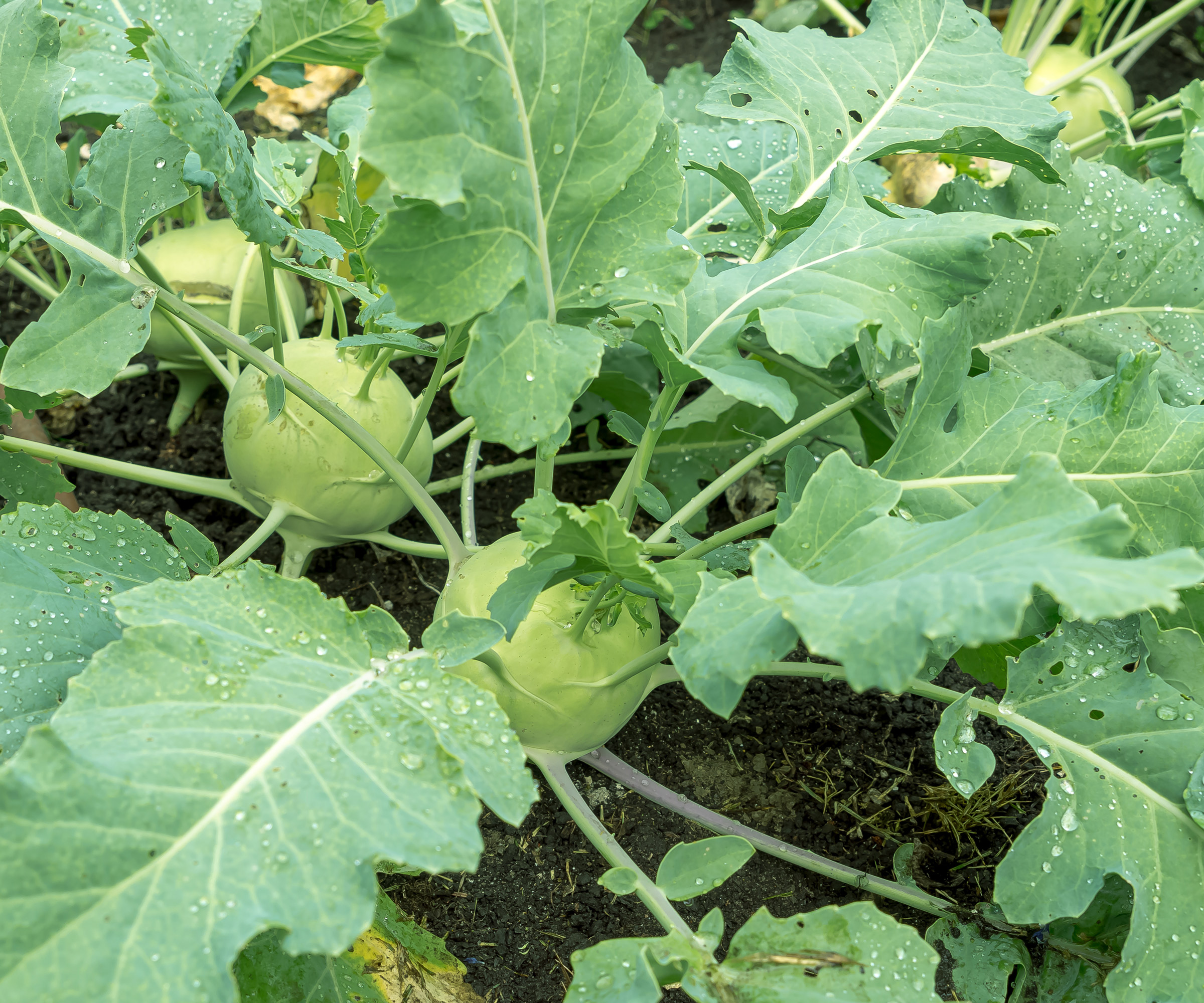
Kohl rabi, also known as German turnip is a great vegetable to grow in the garden, as it's not commonly available in supermarkets and food stores. It's versatile too, as it can be enjoyed cooked or eaten raw and grated into salads and slaws.
However, this root vegetable is another poor neighbor for fennel for the reasons outlined already. Kohl rabi also grows best in cool, damp conditions, unlike fennel, which thrives in the sun and well-drained soil.
'As well as preventing the germination of seeds surrounding it, fennel can limit the overall success of any plants, such as kohlrabi, even if they do manage to grow,' says Carissa. 'So keep these plants apart. On the plus side, fennel has been shown to inhibit the growth of weeds, if planted elsewhere in the garden.'
7. Cilantro (Coriandrum sativum)
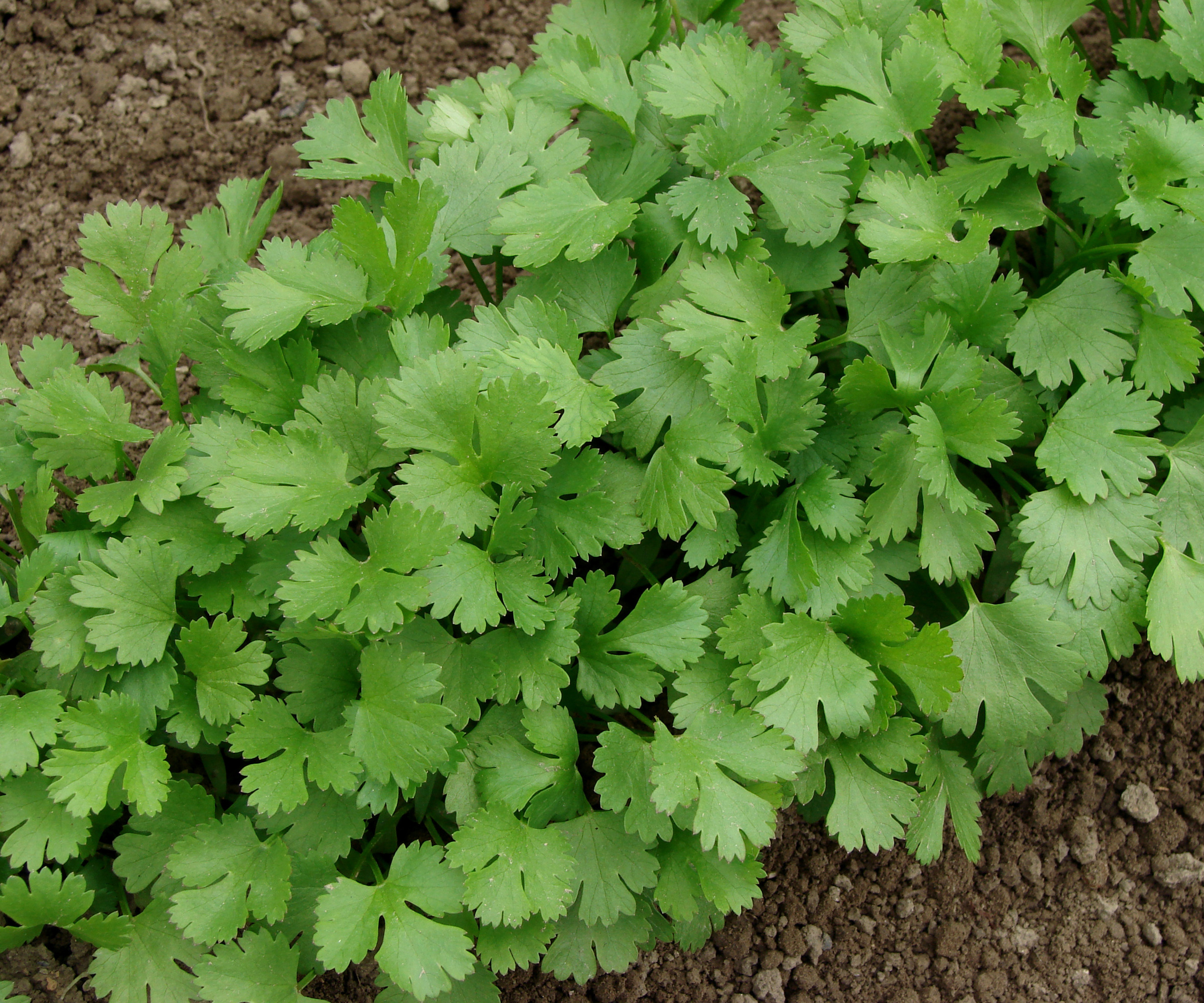
With so many vegetables not recommended near fennel, could herbs be better companions? It's actually a similar story, with many herbs, such as basil and caraway growing poorly if planted near fennel. Cilantro, may not won't grow well either, and this plant will conversely inhibit the growth of fennel.
However, mint and sage are two herbs that can make good companion plants for fennel. These herbs are both prolific plants, which spread easily and can take over a flower bed, herb garden or veg patch, so consider these as companion plants with fennel in your container gardening ideas.
Knowing which crops to plant side-by-side and which pairings to avoid in a kitchen garden, promotes growth, deters pests and attracts pollinators and beneficial bugs, leading to more bountiful harvests.
And although fennel isn't recommended as a companion plant for many herbs and vegetables, it is well worth growing it in your garden, for the reasons stated. Just be mindful where you plant it.







